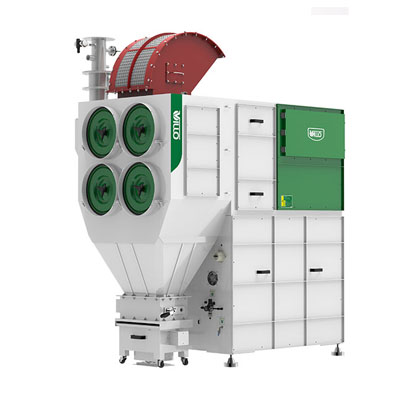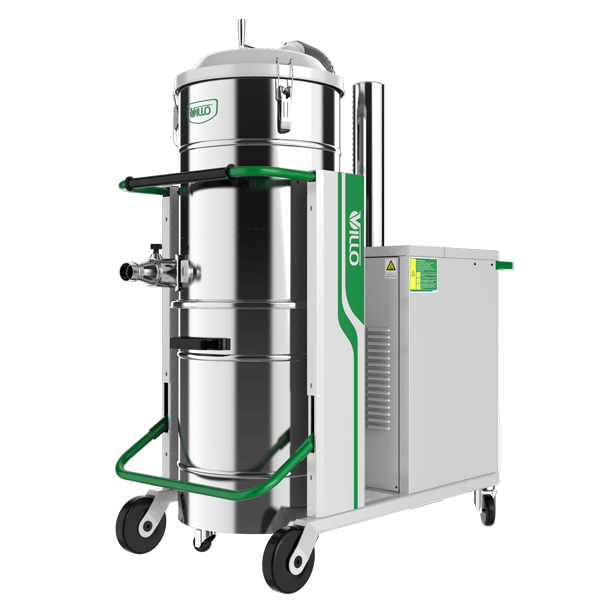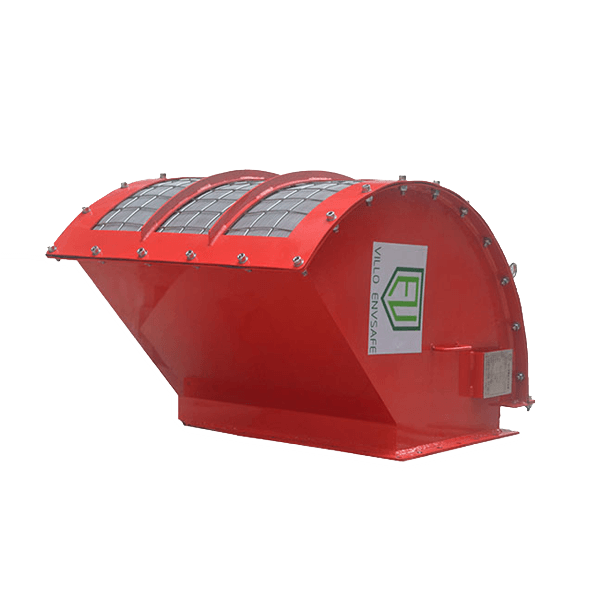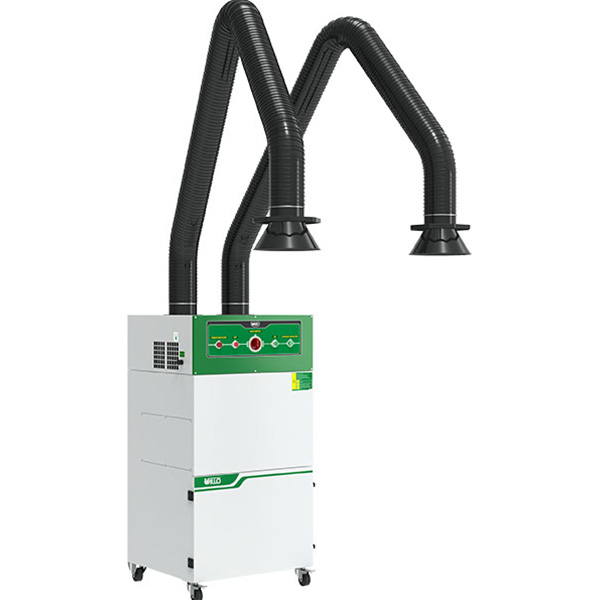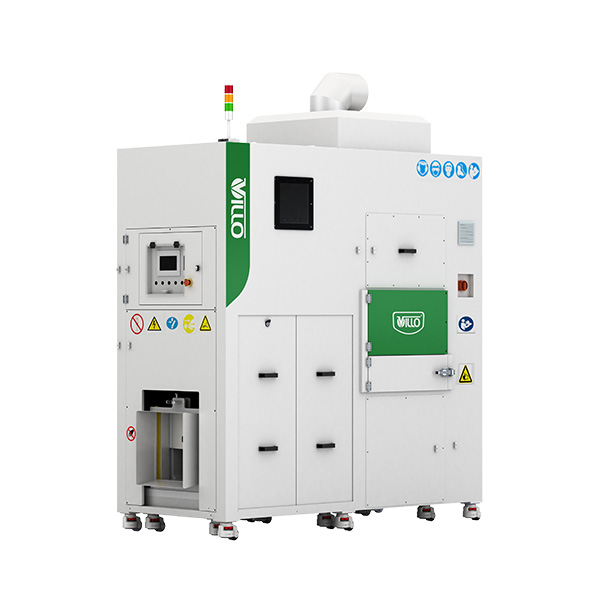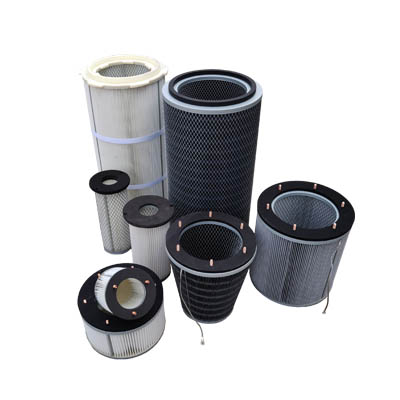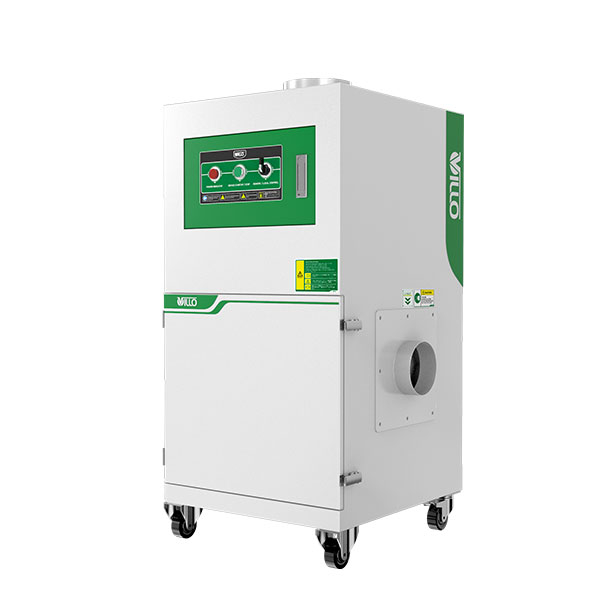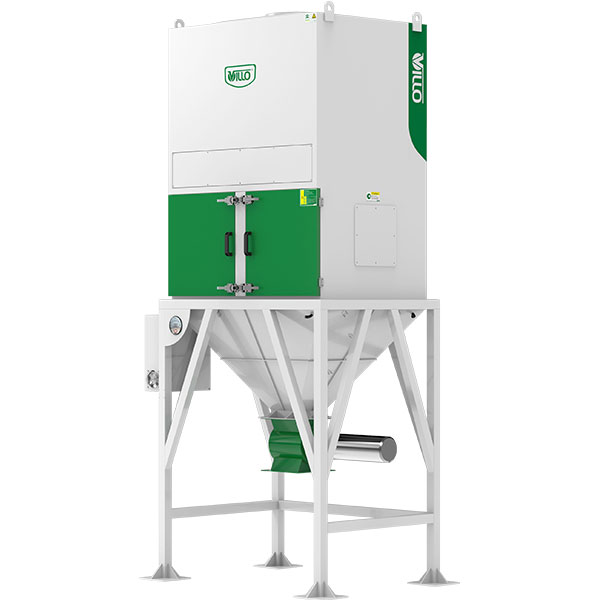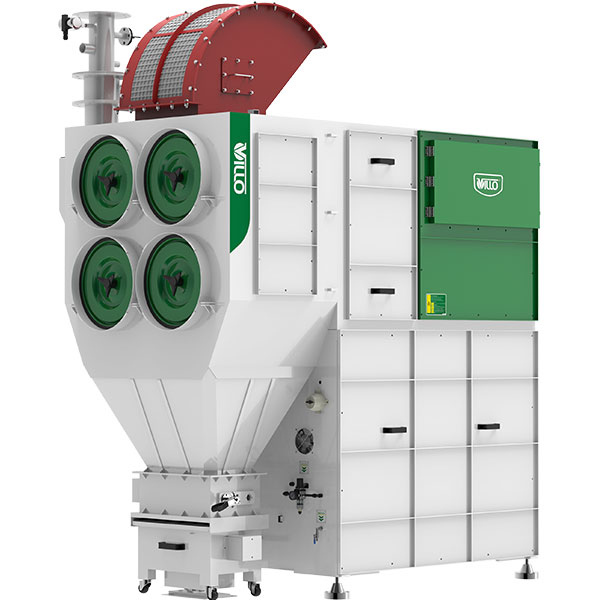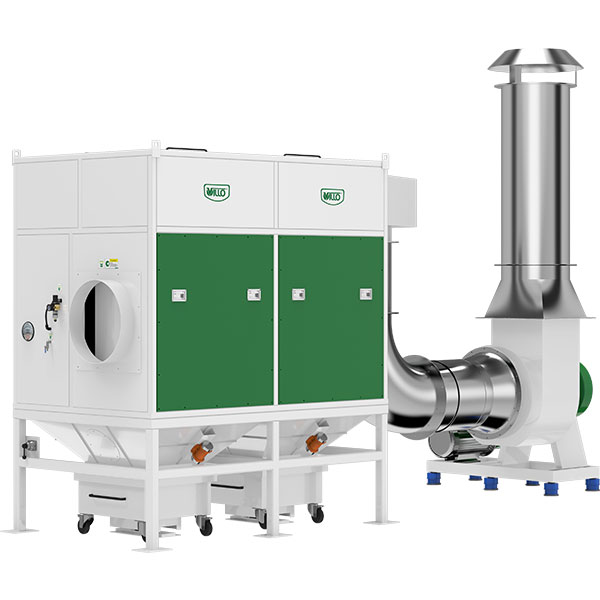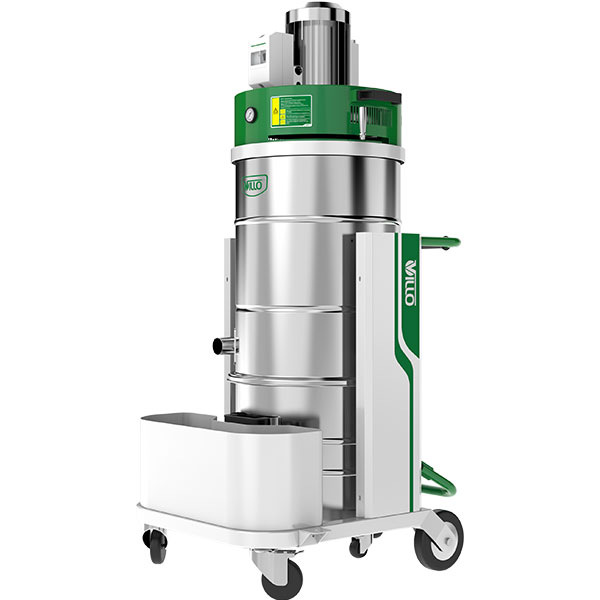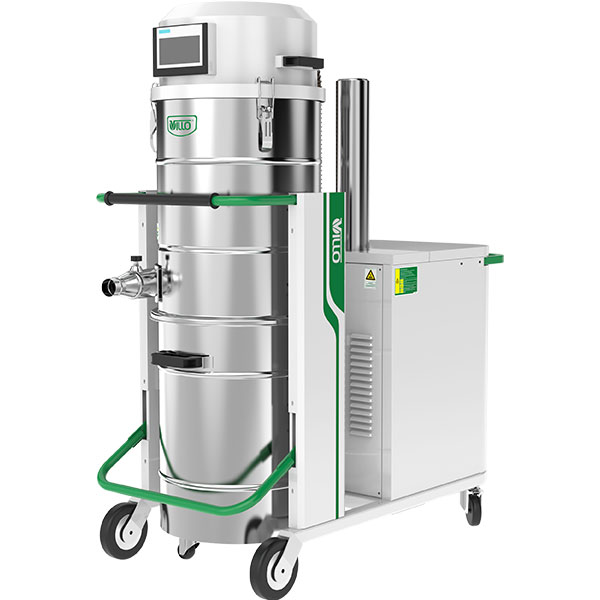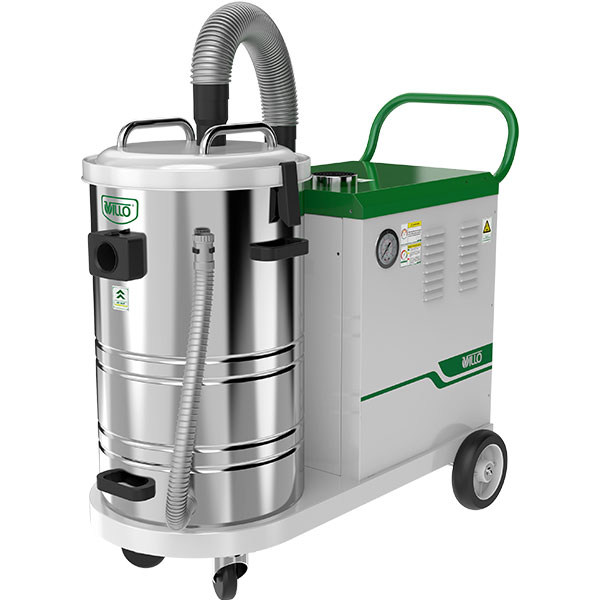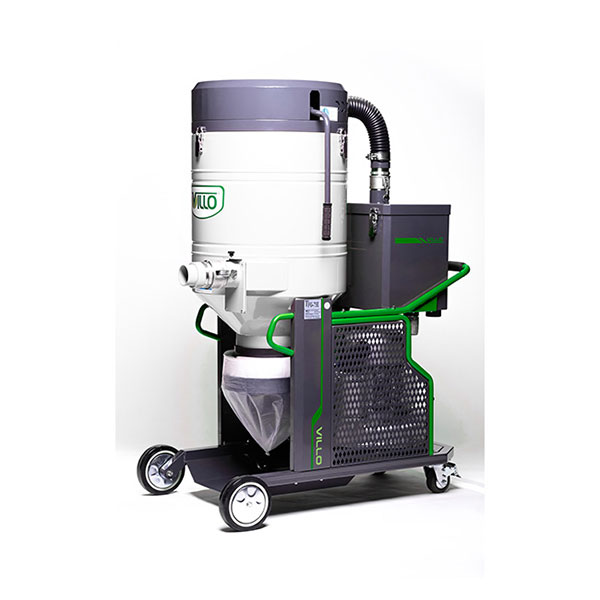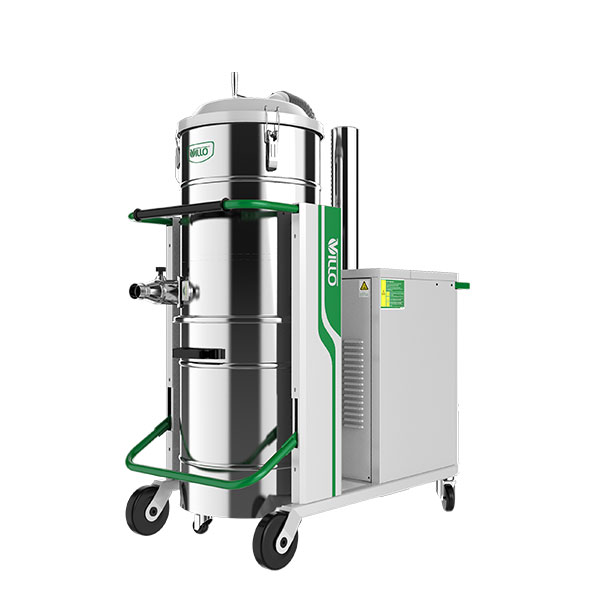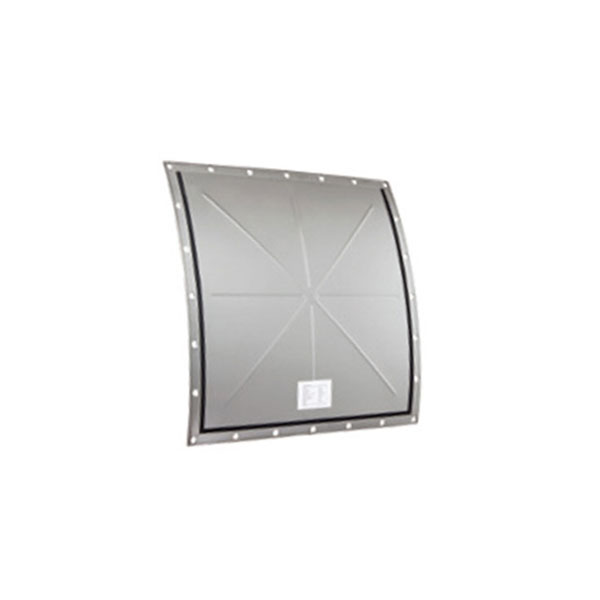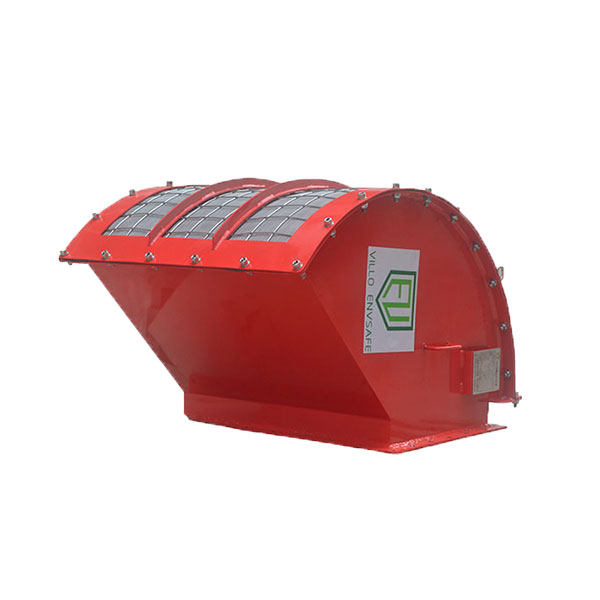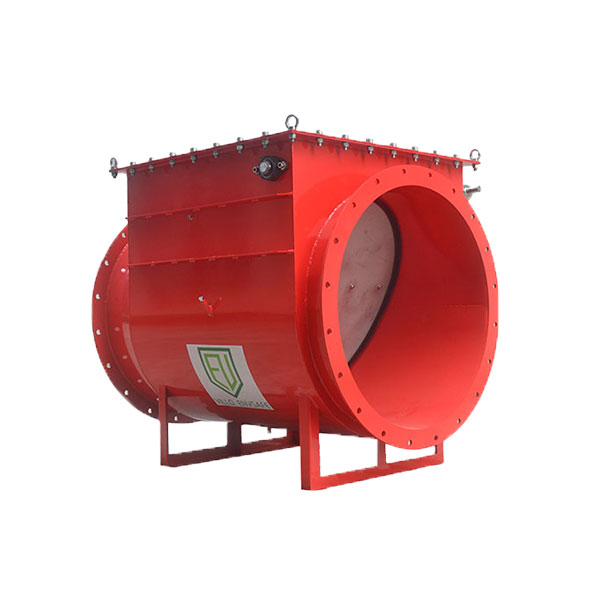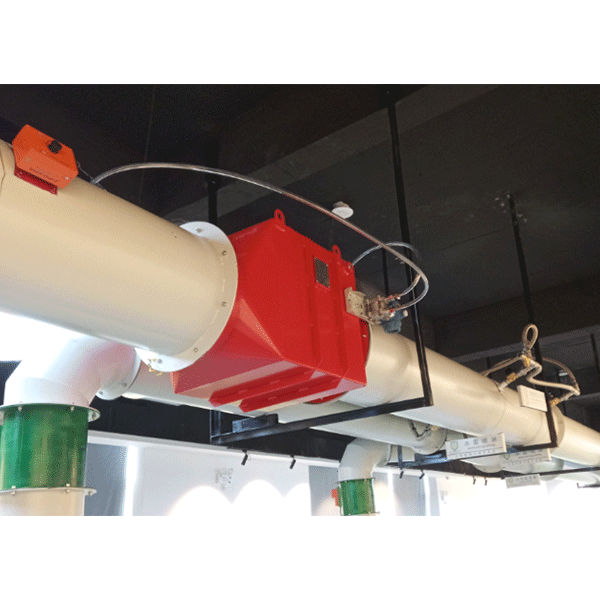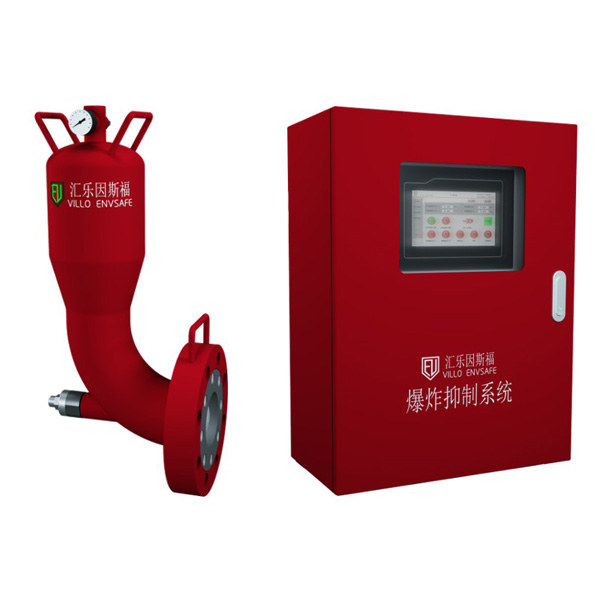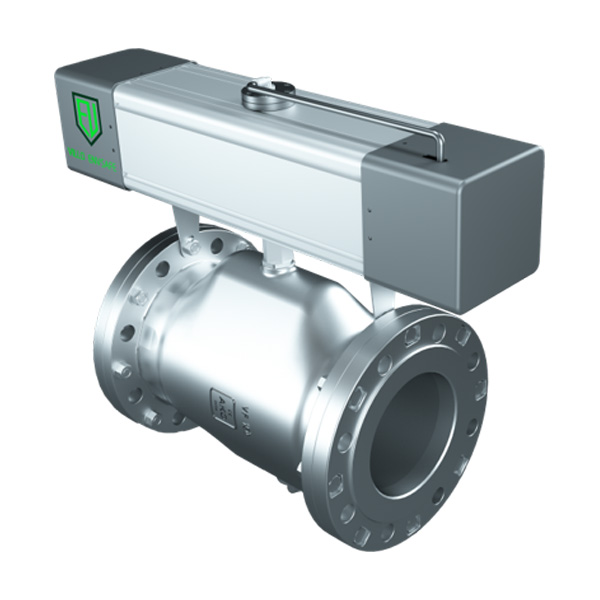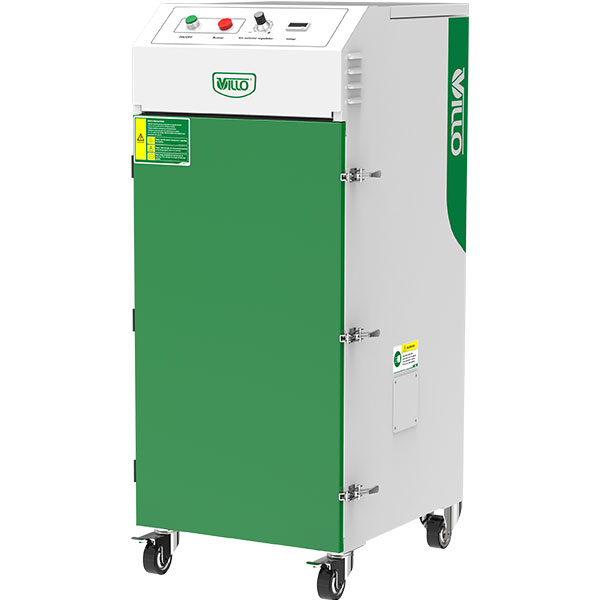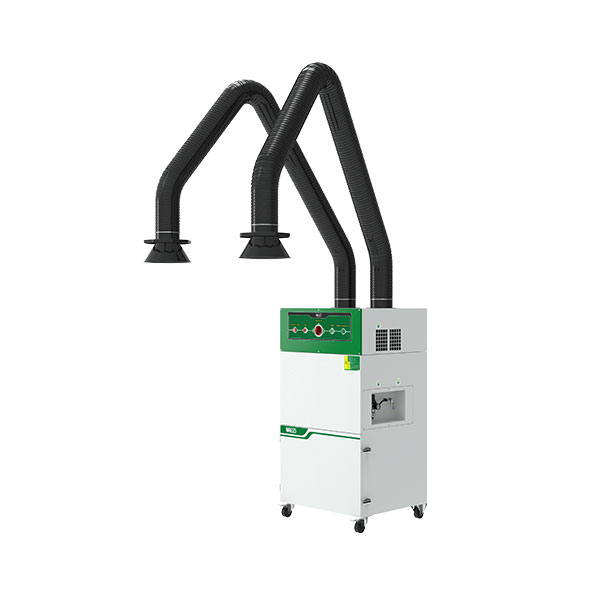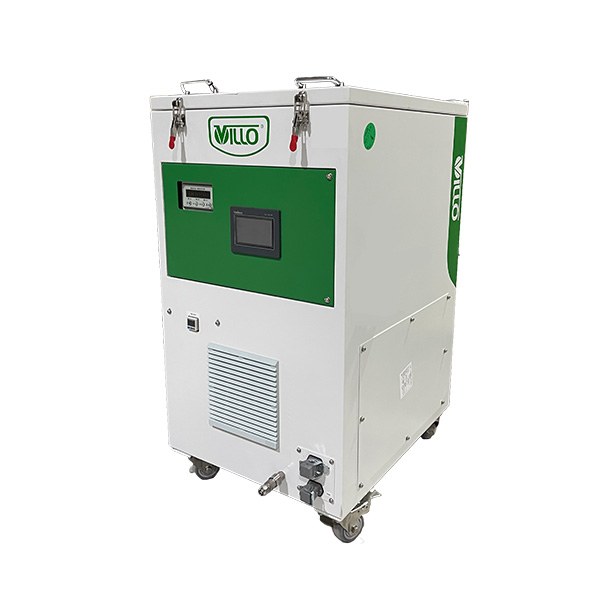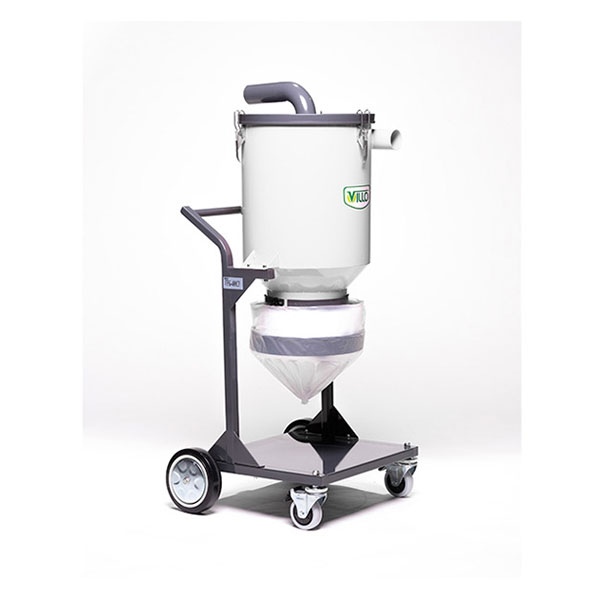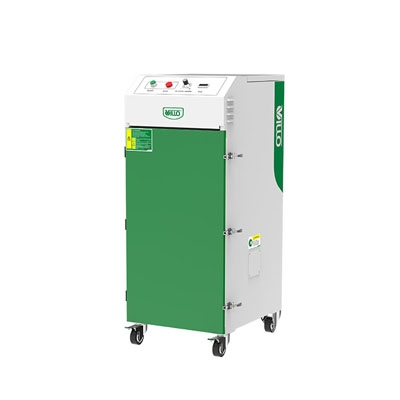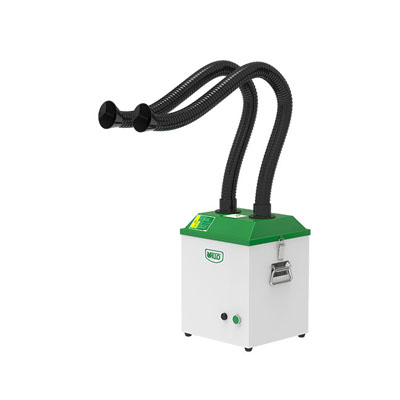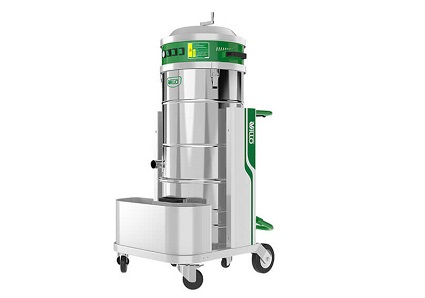A HEPA vacuum cleaner, featuring a High-Efficiency Particulate Air (HEPA) filter, stands at the forefront of advanced cleaning technology. Capable of capturing particles as small as 0.3 microns, it significantly improves indoor air quality. This article explores the intricacies of HEPA vacuum cleaners, comparing them to regular vacuums and examining the role of HEPA filters. Additionally, we delve into the industrial applications, showcasing the indispensable role these cleaners play across diverse sectors.
What Is a Hepa Vacuum Cleaner
A HEPA vacuum cleaner is a type of vacuum cleaner equipped with a High-Efficiency Particulate Air (HEPA) filter. HEPA filters are designed to trap extremely small particles, including allergens and fine dust, ensuring that the air expelled by the vacuum is cleaner and has fewer airborne particles. These filters are capable of capturing particles as small as 0.3 microns with high efficiency.
HEPA vacuum cleaners are commonly used in environments where air quality is crucial, such as homes with individuals who have allergies or asthma. They are also employed in various professional settings, including hospitals, laboratories, and cleanrooms, where maintaining a clean and particle-free environment is essential. The use of HEPA filters helps to reduce the presence of allergens and pollutants in the air during the vacuuming process.
HEPA Vacuum vs Regular Vacuum
Filtration Efficiency
HEPA vacuum utilizes HEPA filters composed of randomly arranged fibers to trap particles as small as 0.3 microns, ensuring a high filtration efficiency. Regular vacuum employs standard filters that may capture larger particles effectively but lack the precision of HEPA filters for smaller particles.
Air Quality Improvement
HEPA Vacuum: The advanced filtration of HEPA vacuums is particularly beneficial for individuals with respiratory conditions, effectively reducing airborne allergens, pet dander, and fine dust particles. While regular vacuum is contributing to general cleanliness, regular vacuums may not address microscopic particles to the same extent, potentially leaving some allergens in the air.
Application
HEPA vacuum is specially designed for environments where air quality is critical, such as homes with allergy sufferers, medical facilities, and places requiring stringent cleanliness standards. On the other hand, regular vacuum, like small portable industrial vacuum cleaners, is suited for routine cleaning in households and commercial spaces without specific air quality concerns.
Cost
HEPA vacuum is typically comes at a higher initial cost due to the specialized HEPA filtration technology. However, prices may vary based on brand and features. While regular vacuum is generally more budget-friendly upfront, making it a cost-effective option for those with standard cleaning needs.
Maintenance
HEPA vacuum requires regular replacement of HEPA filters to maintain optimal performance. Some models may include filter replacement indicators. But in regular vacuum, standard filters need replacement, but the frequency depends on the vacuum model and usage. Some may have washable filters.
Particle Size
HEPA Vacuum excels in capturing particles as small as 0.3 microns, making it effective against tiny pollutants like bacteria and some viruses, in addition to common allergens. In contrast, regular vacuum is proficient in picking up larger debris, regular vacuums may not provide the same level of precision for very small particles.
| Criteria | HEPA Vacuum | Regular Vacuum |
| Filtration Efficiency | HEPA filters capture particles as small as 0.3 microns with 99.97% efficiency | Standard filters may capture larger particles effectively, but less precision for tiny ones |
| Air Quality Improvement | Significantly reduces airborne allergens, finedust, and some yiruses | Contributes to general cleanliness, but may not address microscopic particles as effectively |
| Application | Ideal for allergy sufferers medical facilities, and environments requiring high air quality standards | Suitable for routine cleaning in homes and commercial spaces without specific air quality needs |
| Cost | Higher up front cost due to advanced filtration technology | Generally more budget-friendly upfront, but may vary based on features |
| Maintenance | Requires regular HEPA filter replacement, some models include replacement indicators | Standard filter replacement needed; frequency depends on the vacuum model and usage |
| Particle Size | Captures particles as small as 0.3 microns, effective against bacteria and some viruses | Proficient in picking up larger debris, less precision for very small particles |
HEPA Vacuum vs HEPA Filter
Construction and Components
In addition to a HEPA filter, HEPA vacuums often have a multi-stage filtration system. This may include pre-filters to capture larger particles, followed by the HEPA filter for fine particles, and sometimes additional filters like activated carbon for odors. But HEPA filter, as a standalone device, a HEPA filter consists mainly of a dense mat of glass fibers arranged randomly. This design allows it to trap particles through a combination of diffusion, interception, and sieving.
Airflow and Suction Power
Industrial HEPA filter vacuum is sesigned with sufficient airflow and suction power to effectively pick up debris and ensure that particles are captured by the filtration system. HEPA filter relies on the airflow provided by the device it is installed in, whether it's an air purifier or an HVAC system. The efficiency is influenced by the overall system's design and power.
Particle Size Efficiency
While HEPA vacuums are effective at capturing fine dust and allergens during vacuuming, the overall effectiveness depends on factors such as the design of the vacuum cleaner and user habits. HEPA filteris specifically produced to capture particles as small as 0.3 microns, making them highly efficient in removing airborne contaminants.
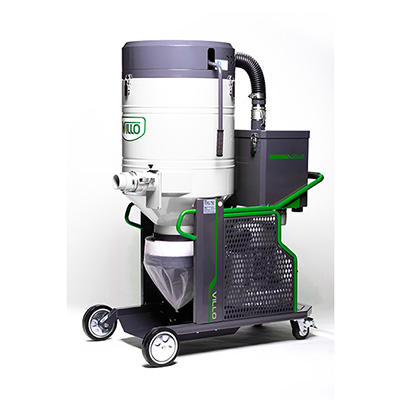
What Does HEPA Filter Do in Vacuum Cleaner
A HEPA filter in a vacuum cleaner serves a crucial role in improving indoor air quality by capturing and trapping a high percentage of microscopic particles that can be harmful or trigger allergies. Here's what a HEPA filter does in a vacuum cleaner:
Particle Filtration
A HEPA filter is designed to capture particles as small as 0.3 microns with an efficiency of 99.97%. This includes common allergens such as dust mites, pollen, pet dander, and fine dust.
Allergen Removal
The HEPA filter helps remove allergens from the air during the vacuuming process, preventing them from being released back into the environment. This is particularly beneficial for individuals with allergies or respiratory conditions.
Improved Air Quality
By effectively trapping microscopic particles, the HEPA filter contributes to improved indoor air quality. It reduces the presence of airborne pollutants, creating a cleaner and healthier living space.
Prevention of Particle Resuspension
As the vacuum cleaner sucks in air and debris, the HEPA filter captures particles within its dense mat of fibers. This prevents these particles from being expelled back into the air, a process known as resuspension.
Efficient Filtration System
HEPA filters are often part of a multi-stage filtration system in vacuum cleaners. Pre-filters may capture larger particles, extending the life of the HEPA filter and ensuring more efficient overall filtration.
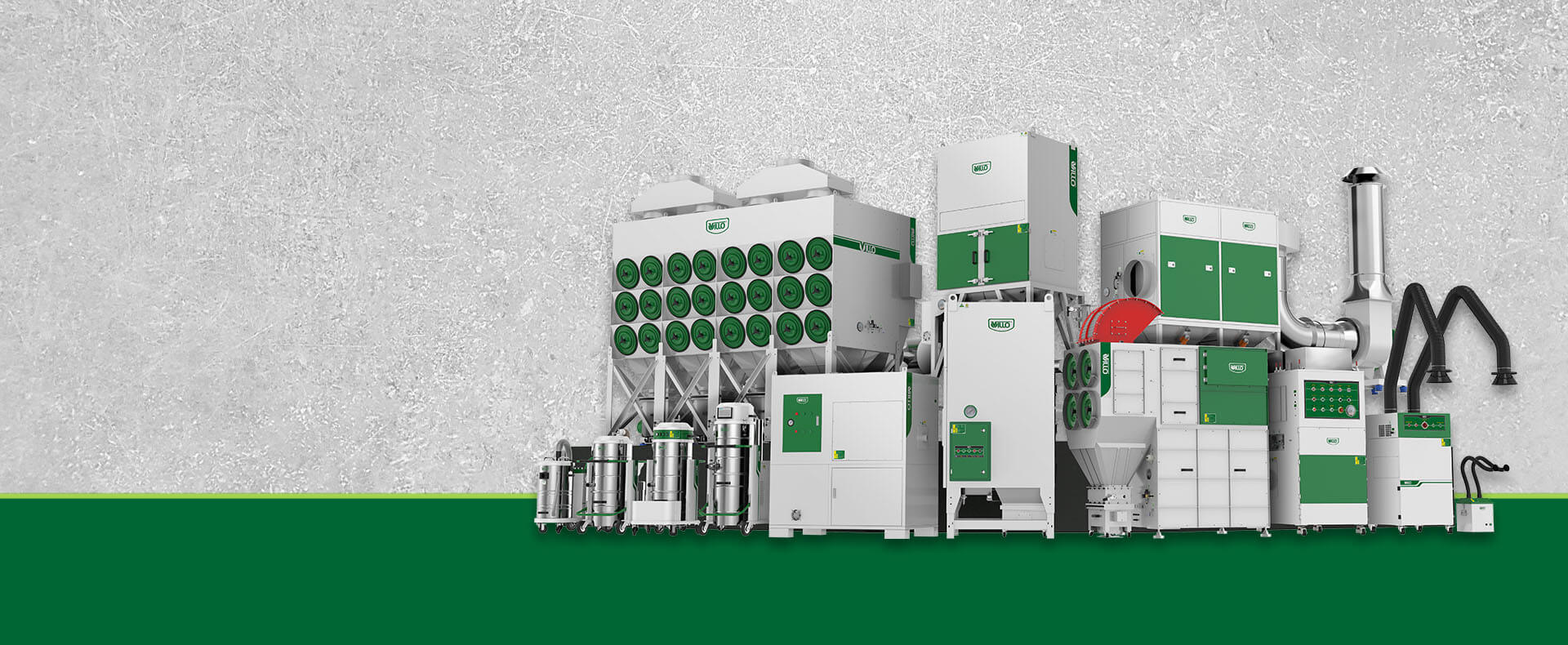
The Applications of Industrial HEPA Vacuum Cleaner
Industrial HEPA vacuum cleaners are powerful cleaning tools crucial for maintaining cleanliness and safety in diverse industries. With applications ranging from pharmaceutical manufacturing to electronics production, these vacuums play a vital role in controlling dust, preventing contamination, and ensuring compliance with stringent standards, contributing to improved air quality and operational efficiency.
Pharmaceutical Manufacturing
Cleanroom Maintenance: Essential for maintaining the cleanliness of pharmaceutical cleanrooms, ensuring compliance with strict regulatory standards.
Powder Handling: Used for capturing and removing fine powders generated during pharmaceutical manufacturing processes to prevent cross-contamination.
Semiconductor and Electronics Production
Cleanroom Filtration: Integral for maintaining cleanroom environments in semiconductor and electronics manufacturing, where even minute particles can affect production processes.
Chips and PCB Cleaning: Applied for cleaning and removing particles from semiconductor chips, printed circuit boards (PCBs), and sensitive electronic components.
Chemical Processing Plants
Hazardous Material Cleanup: Equipped to handle the cleanup of hazardous materials and chemical spills in compliance with safety regulations.
Dust and Vapor Extraction: Used for the extraction of dust and chemical vapors generated during chemical processing operations.
Food and Beverage Production
Sanitary Cleaning: Utilized for sanitary cleaning in food processing plants to remove dust, contaminants, and debris without compromising food safety.
Conveyor Belt and Equipment Cleaning: Ideal for cleaning conveyor belts and production equipment to prevent cross-contamination.
Conclusion
In summary, HEPA vacuum cleaners, with their advanced technology, play a pivotal role in enhancing air quality and cleanliness. Whether in homes, industries, or specialized environments, their applications extend far beyond traditional vacuuming. Understanding the technology behind HEPA filters and their diverse applications underscores the significance of these cleaning tools in promoting healthier and safer spaces.

 EN
EN
 ja
ja  ko
ko  fr
fr  de
de  ru
ru 